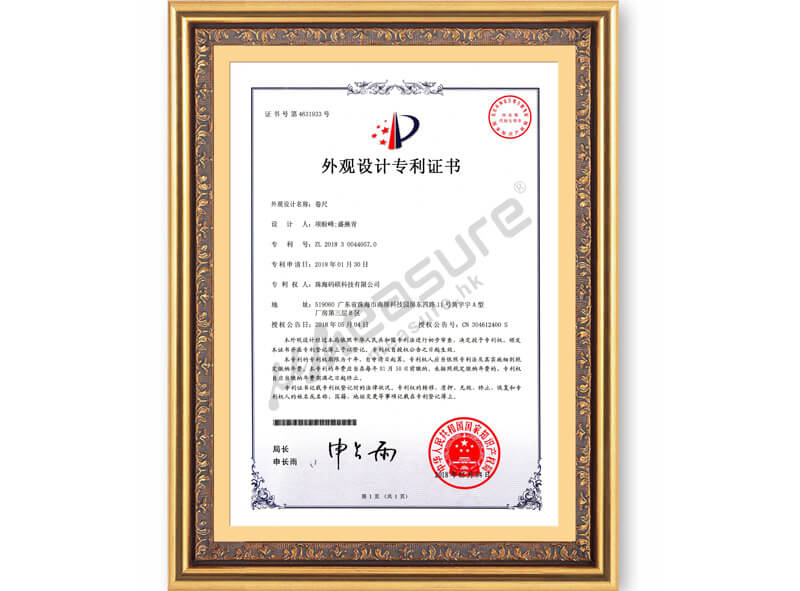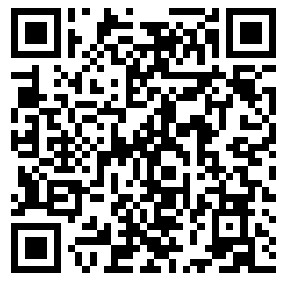
The laser is getting cheaper, smaller and better.
But there is growing concern about the safe use of small batteries. powered hand-
At present, thousands of aircraft pilots are targeted on the ground every year, and some of them are seriously injured in their eyes.
Our eyes are very developed and can see very detailed information in very low light, but these features make them vulnerable to light.
According to whether the laser classifies the eye as a danger, categories 1 and 2 are safe in normal use.
The laser indicator is useful, bright, but still safe in cases where the power is less than kilowatts or 1 mw.
The current laser technology can easily produce hundreds or even 1,000 times the safety limit in the battery. powered hand-
Handheld devices can be dangerous even in a long distance.
A laser indicator may seem like a harmless toy, but since it is too powerful, it has the potential to cause serious damage from a distance.
Unfortunately, the laser with too many wrong marks is easy to get at a low price.
A study in the United States found that 90 of the green laser pointers tested did not comply with federal regulations.
I measured 1mw or lower blue and green laser indicators sold by many online retailers, but actually produced a safety limit of 20, 50, or even 100 times.
In fact, small retailers in the online market have the incentive to provide too much power.
Customer reviews are critical if the laser looks too dark, there are more customers who may give bad feedback, while expert customers are both aware of regulations and able to accurately measure laser power.
Both the us fda and the EU are trying to remove dangerous lasers from sales, but regulation and enforcement require the public's willingness to understand the level of risk.
To hurt your eyes, the laser needs to go through the pupil, which highlights the most difficult part of raising safety awareness.
Your student is a very small area, so it is unlikely that the shining beam around the room will hit that position.
Most of the time, nothing will happen, but if it does, the result may be a change in life.
For pilots, the danger will come even without eye damage.
Bright light can cause distraction in key parts of the flight.
Glasses provided by some safety experts can block the most common laser colors, but this can also change the way pilots think about cockpit control.
Dr. William Wadsworth is a reader of the Department of Physics at the University of Bath.
This version appears in the conversation for the first time.

